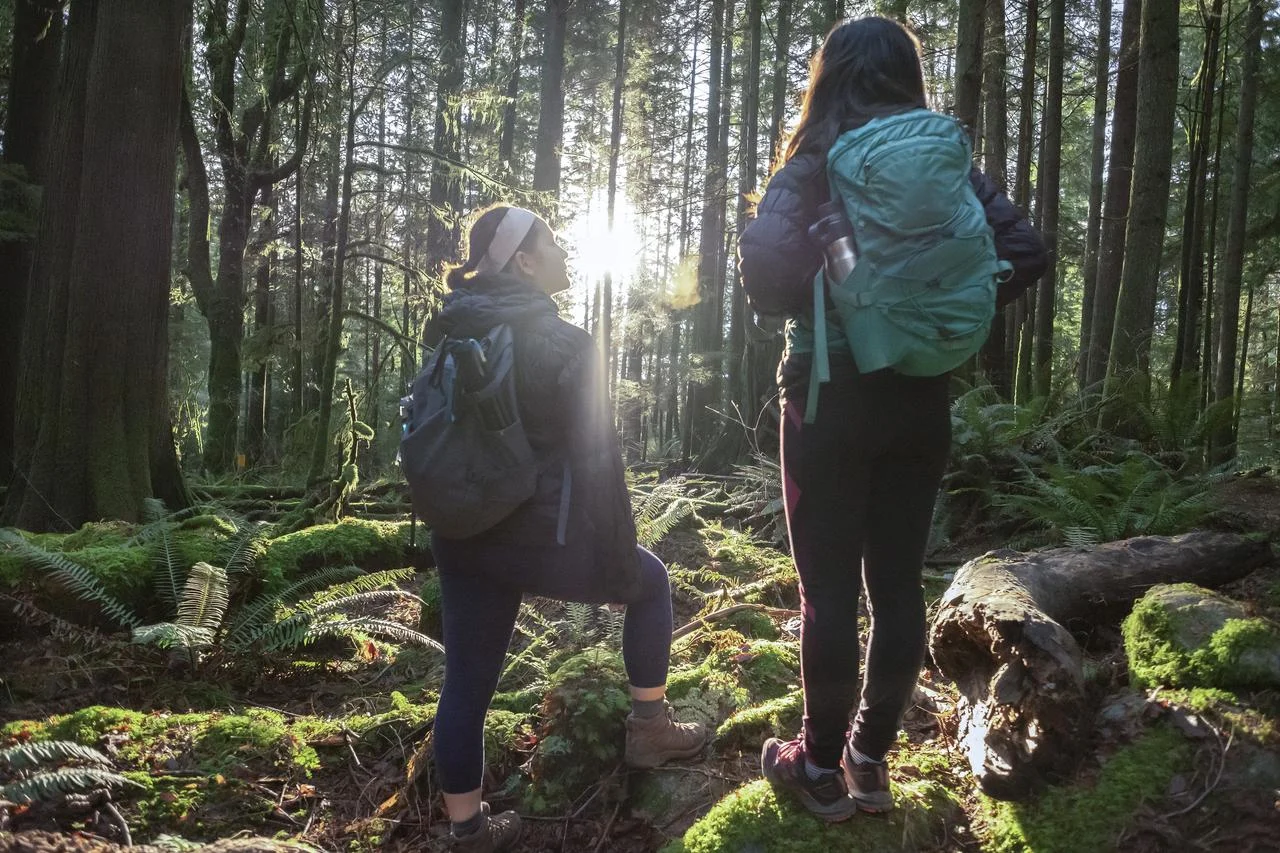
Transportation
4 minute read
Guest blog: Our sustainable approach to the future of oil refining
A dynamically changing oil market does not come without challenges. Demand for oil is projected to grow until the late 2030’s, driven mainly by Asia and balanced by a decline in Europe. There is no doubt, however, that business-as-usual is no longer an option for the refining industry. As the climate crisis intensifies, carbon-neutrality is becoming the long-term target in an increasing number of countries around the world. As sectors like heavy-duty transport, shipping and aviation will remain heavily dependent on liquid fuels also well beyond 2040, renewable and low-emission alternatives are needed. The refining industry will play a key role in enabling this low-carbon future, moving from traditional oil refining to production of renewable fuels and circular solutions.
How do we at Neste ensure that we can make our customers’ business thrive in a changing environment? The answer lies in proactivity - we analyze and anticipate changes to become prepared for what the future holds. Then, we champion the foundations of our business:
People
– our personnel have the necessary know-how and are result-oriented, focused on supporting the business of our customers.
Dialogue
– with constant two-way communication we ensure that we have a good understanding of our customers’ needs and requirements.
Products
– we assure that our products meet any expectations while being consistent in their top-tier quality.
Innovation
– more than 25% of our staff works in R&D ensuring that our understanding of the future is translated into product development.
Production
– we analyze our business and market surroundings to guarantee expected reliability, capacity, quality and timely delivery.
We are expanding renewables use to meet future market needs
Development of our production assets provides a good example of how we respond to market changes while keeping the future of refining in mind. On the transportation front, we are fulfilling our promise of having an impact on reducing emissions. The expansion of our Singapore plant and some additional capacity creep at the existing sites will boost production capacity of renewable products to 4.5 million tonnes annually in 2022. This is a significant rise from the current 3.0 million tonnes.
Our renewable growth path also covers co-processing and retrofitting some of our fossil assets towards use of renewable or recycled feeds, such as liquified waste plastics as raw material. Furthermore, during 2020, we aim to finalize a study that will determine the location of our new HVO plant.
At the forefront of sustainability with a sound strategy
Such activities allow us to reach the goals set in our strategy. Not only is our business well prepared to meet current and future customer needs, but it also accelerates sustainability efforts on a global scale.
As part of our strategic work, we have set ambitious GHG reduction targets for our business. All aspects of greenhouse gas emissions in Neste’s production will be analyzed as we move towards our goal of achieving carbon neutral production by 2035. On the footprint side, we have currently identified more than 50 different measures to decrease GHG emissions in production. We continue to focus on energy efficiency by optimizing utilization of fuel gas, electricity, hydrogen and steam in production while increasing the use of renewable electricity at our sites. As an example, Neste has already agreed to start using wind power in its Finnish refineries in 2021. Beyond this, we aim to explore new, less emitting production methods, for example utilizing biogas or electrolysis for hydrogen production or carbon capture and storage for GHG emission reductions.
Meanwhile, the handprint side demonstrates our efforts to reduce the environmental impact of our products. The company goal is to lower customers’ greenhouse gas emissions by at least 20 million tons annually by 2030. Within our fossil based product offering, we’re looking for ways to replace crude oil based feeds with renewable and recycled raw materials. We’re targeting one million tonnes of each by the end of this decade, with room for further improvements.
A potentially turbulent future can create uncertainty. Our ambition is to overcome unpredictability by setting demanding goals for ourselves and showcasing our dedication to reaching them with clear results and innovations. After all, an organization that keeps its promises, however bold they might be, is a strong ally for any partner. As we say in our strategy – faster, bolder and together.
Read more industry news and insights as seen by our experts on our website.